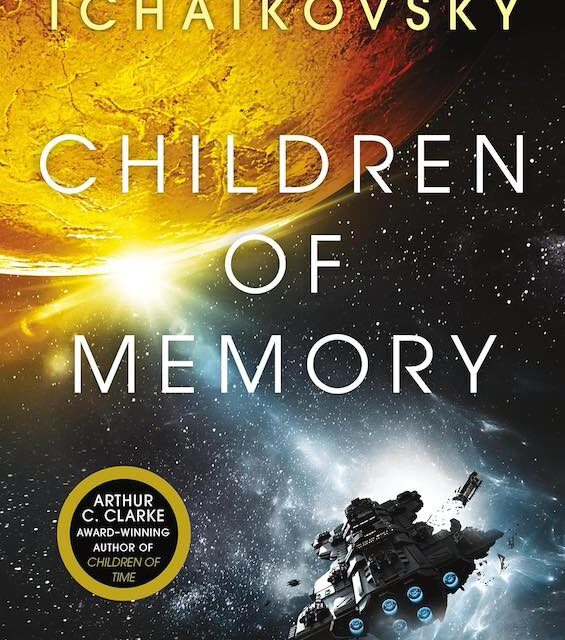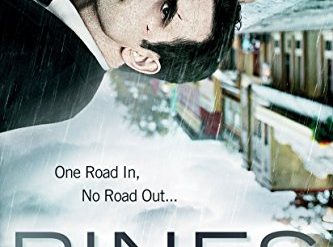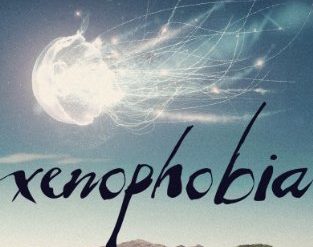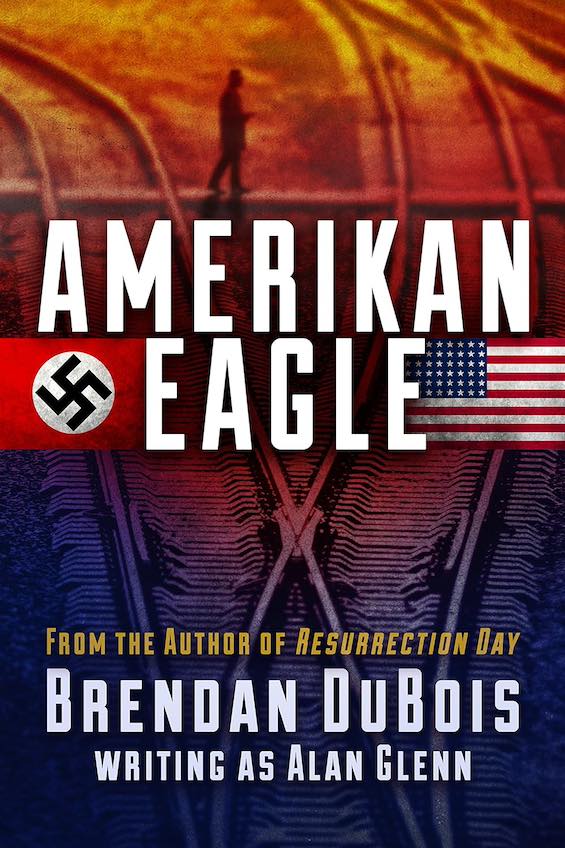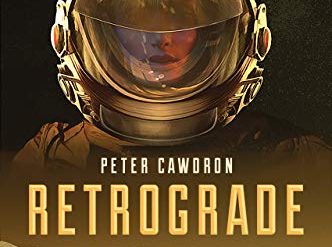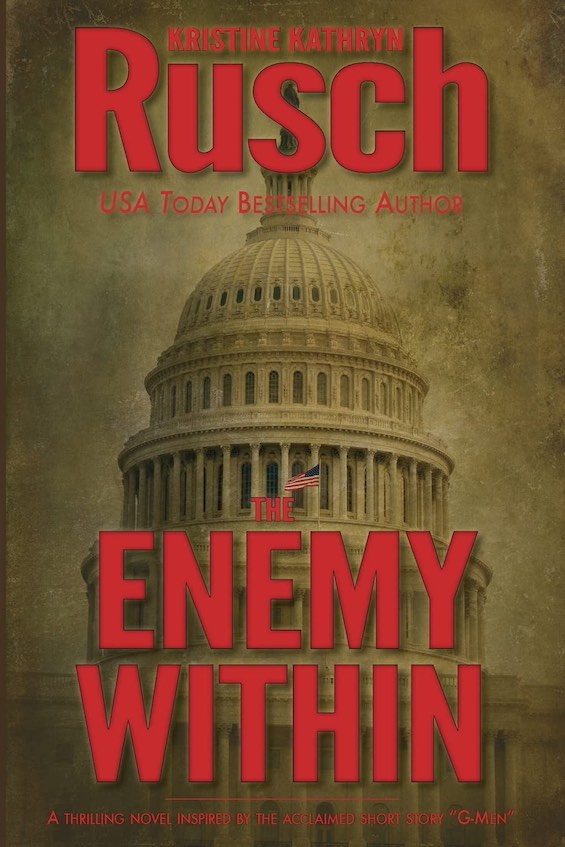
Estimated reading time: 5 minutes
Adrian Tchaikovsky is one of the more prolific and successful science fiction authors of the twenty-first century. And the voters at the World Science Fiction Convention confirmed his status as one of the best when they granted his Children of Time Trilogy the Hugo Award for Best Series in 2023. Like some of the most memorable work in the Golden Era of Science Fiction and its successors in the 1970s, 80s, and 90s, Tchaikovsky’s trilogy spans tens of thousands of years and depicts humanity scattered among the stars. But the Children of Time novels portray humans as one among several sentient species in a cross-species alliance. And as this space opera trilogy reaches its conclusion in Children of Memory, Tchaikovsky outdoes himself by coming to grips with one of humanity’s abiding philosophical questions: what is reality?
A cross-species alliance roaming the stars
In Children of Time and Children of Ruin, we witnessed the emergence of the cross-species alliance that now dominates our little corner of the galaxy. Yet despite the vast scope of Tchaikovsky’s tale, a small cast of principal characters continues to hold center stage. The mad Earth scientist, Avrana Kern, who started it all, as well as Portia, Fabian, and Brenda, the most recognizable of the spiders that Kern accidentally uplifted to sentience. Eventually, an uneasy alliance emerges among the spiders, octopuses, a single-celled organism, and a hybrid human/AI (called Humans with a capital H) as well as human beings. And now the leading members of this menagerie have come to visit yet another Earth-like planet terraformed millennia ago by colony ships dispatched from a dying Earth. They call the place Imir.
Children of Memory (Children of Time #3) by Adrian Tchaikovsky (2022) 512 pages ★★★★☆
Winner of the 2023 Hugo Award for Best Series
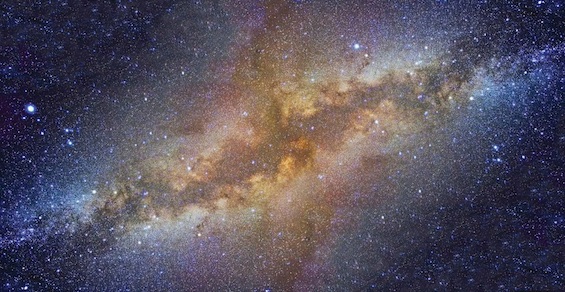
A complex tale with a dramatic and surprising ending
Hundreds of years earlier, a ship named the Enkidu bearing 40,000 Earth colonists in suspension had arrived at Imir. Led by its captain, Heorest Holt, they established a town called simply Landfall. Unfortunately, the much earlier mission that was to have terraformed the planet made little progress. The colony struggles to find a foothold on Imir’s unforgiving surface. After several generations, the people of Landfall are barely surviving, as we can plainly see through the eyes of a twelve-year-old girl named Liff. Or at least these are the facts as they appear at first.
We follow Liff as a small cross-species team arrives on Imir on an archaeological mission. Among the crew of their ship are uplifted spiders and octopuses from the worlds explored in the earlier books, along with a composite entity they call Miranda, who can enter a human body. And with them are a fascinating pair of semi-sentient ravens named Gothi and Gethli. Disguised in human form, Miranda, the spiders Portia and Fabian, and the octopus Paul integrate into the colony—but in short order trouble breaks out with the increasingly desperate and superstitious colonists. Then the arrival of Avrana Kern, whom Liff perceives as a witch, further complicates matters. Suspense builds—and the ending will surprise, even shock you.
About the author
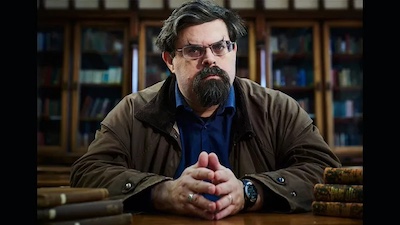
Adrian Czajkowski (writing as Adrian Tchaikovsky) was born in England in 1972. He is of Polish descent. Csajkowski studied zoology and psychology at the University of Reading and then qualified as a legal executive, working in the field for many years. He became a full-time writer only in 2018. However, his first novel was published in 2008, and he has written a total of thirty-one to date as well as four collections of short stories and eleven novellas. It’s an astonishing output for a single writer. He has received the Hugo Award three times, including in 2023 for the Children of Time Series. Tchaikovsky lives in Leeds, England, with his wife and son.
For related reading
I’ve reviewed the first two books in this award-winning series:
- Children of Time (Accelerated evolution is the theme in a superior science fiction novel)
- Children of Ruin (An award-winning series continues)
For more good reading, check out:
- These novels won both Hugo and Nebula Awards
- The ultimate guide to the all-time best science fiction novels
- The top science fiction novels
- 10 new science fiction authors worth reading now
- Good books about space travel
And you can always find my most popular reviews, and the most recent ones, on the Home Page.

